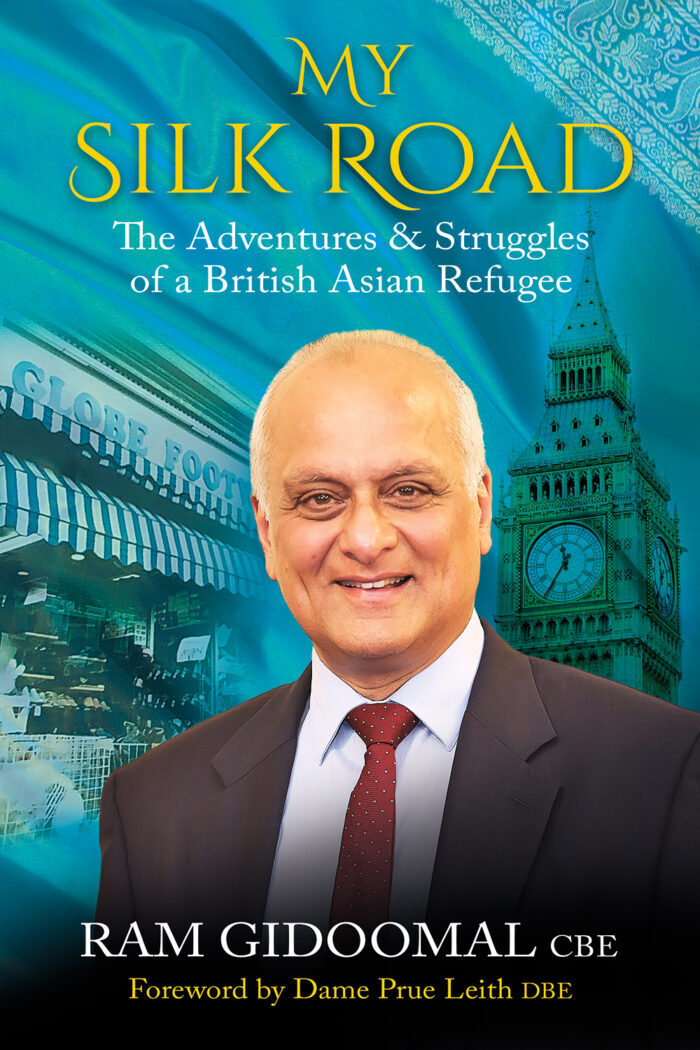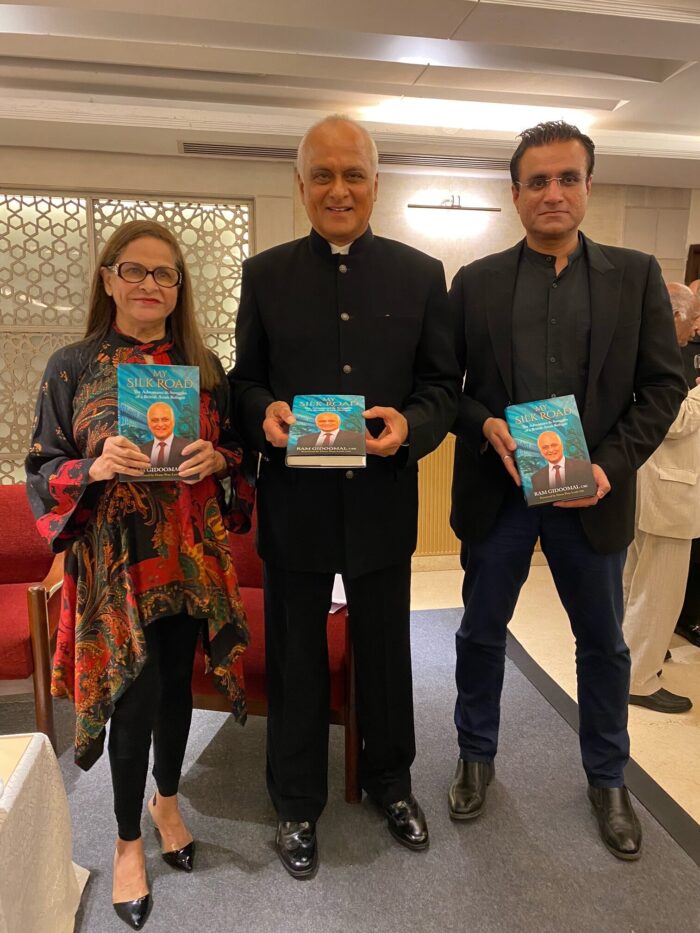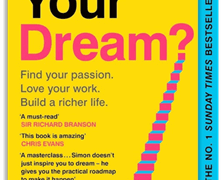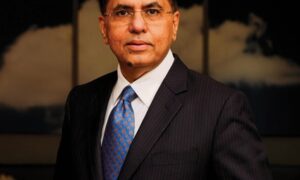
Chapter 9
India, my beloved country
“Caviar Monsieur? Champagne?”
I stared blankly at the Air France hostess in front of me. I heard her words, but they made no sense. Nothing made any sense. She began to repeat her offer, but I shook my head, holding up my hand to refuse. Normally I welcomed the perks of First Class travel but how could I think about eating caviar now? I didn’t even know if the sickness I felt was physical. All I knew was I needed to be alone with my mess of thoughts and feelings.
Finally, the lights dimmed, and I exhaled, all the tension and emotion I’d been holding back flooding out as I broke down in tears. I was too traumatised to even begin to piece together what I had seen that day. Stopping at the office on the way to Bombay airport, I had been numb, unable to even pick up a pen from the desk. What on earth had just happened to me? As I wiped my eyes, more tears came, along with questions: What was I doing here on this planet? How could I live like this after what I had seen? It was April 1988 and I had travelled to India to study the potential and feasibility of buying and shipping prawns for the seafood plant in Scotland. It was meant to be a business trip
like any other, ten days, there and back. Simple. The kind of trip I made all the time. I could never have imagined the impact it would have on me, how it would be a springboard to a complete overhaul of everything I knew.
It’s true that for some time prior to my trip I’d been wondering how I could put the teaching of the Bible more into action. I kept hearing people at church talking about “calling” but, without a Christian background, I never quite understood. I knew it meant that you changed
direction and did good things, but how exactly did you get this “call”? Time and time again, I would hear people announce they’d had a call to go to, say, Morocco, and I would genuinely wonder whether someone had been in touch with them by phone. Of course, I did my bit at church and tried to support those in difficulty. Even as foreigners ourselves, during our time in Geneva, we had always looked out for anyone who needed a helping hand. In particular, we had taken an Ethiopian Christian refugee under our wing, remembering only too well my own battle to find my feet when I first went to London. He was struggling to find work and support his family. I asked our HR director if we could help him. Our office had no openings but through a contact with another HR director, he was able to find work in his field as an electrician, with opportunities to train further and get his Ethiopian qualifications accredited in Switzerland. 68 So, I was trying. Trying to serve others in the church. Trying to do my best, and with genuine motives. But I couldn’t help noticing that when other people talked about “calling” it seemed like more than that. It sounded somehow deeper and more compelling.

Testing the water a little, I had made contact with the Association of Biblical Counselling who had advertised for a CEO. I wanted to see if my skills could find a place with them, but it seemed I was far too young for the role they had on offer. However, seeing my desire to make a difference in the world, they introduced me to their Chair – Dr Raju Abraham – who was also a consultant neurologist. Instinctively, they sensed he would guide my efforts in the right direction and indeed, he was to have a profound influence on my life through his wisdom and example. Between him and my good friend Prabhu Guptara, I was reintroduced to my Indian roots. There were things happening in India I’d had no idea about. They told me about the poverty, the persecution, and the struggles of missionaries trying to help. They talked about the privilege I had as a Non-Resident Indian (NRI). The Indian government knew there was enormous wealth, ability, and genius in the diaspora, with Indians generating huge amounts of disposable income – billions in the UK alone. People like us, Raju told me, were in a unique position. Considered gold dust by the Indian government, we had the power, skills, and resources to change things in our mother country for the better.
This was a gift – and it was, he said, my responsibility to use it. Although my love for India was something that was rooted deep into my soul, nestled at my very core, I had simply never thought of it from this angle before. Not having ever lived there, it still felt somehow removed and I had never taken the time to find out more or to develop an interest in Indian missions or charities. Inspired by my friends’ words however,
I agreed to meet up with Raju’s brother Viju during the trip to Mumbai. Viju worked with the International Fellowship of Evangelical Students there, serving the poorest of the poor in the city’s ghettos.
The business trip itself had all gone to plan. I travelled around India’s colourful ports, lapping up the vibrant atmosphere, beauty and cuisine between visiting factories and meeting fishermen. We organised deals, shook hands and signed on the dotted line. The job was done, I was free to go home. However, whenever I visited companies in countries where poverty endures, I like to find out what they are doing in the community. What are they doing with their profits? How are they using their power to help the disadvantaged? On this occasion, of course, I had Raju’s brother Viju to show me. As planned, on the final day I met him, along with a group of Christian pastors. “You want to see what we’re doing?” he said, “Come with me. This is where the need is. This is where we work.”
( MY SILK ROAD: The Adventures and Struggles of a British Asian Refugee by RAM GIDOOMAL, Memoir ٠ INR 799 , 320pp+8pp plates Published by Pippa Rann Books and Media, U.K, Distributed by Penguin Random House India)
[the_ad id=”41101″]


















